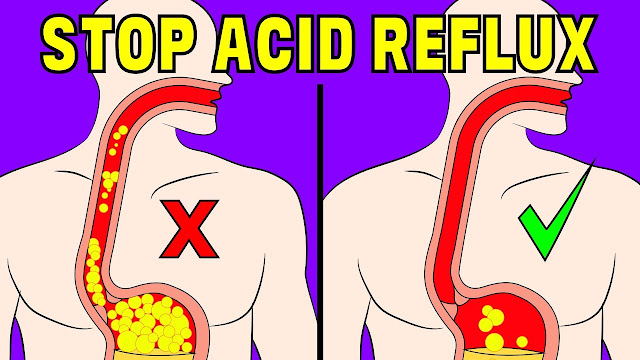A Comprehensive Guide to High-Quality Pet Foods
Understanding Nutritional Requirements:
Before delving into the specifics of pet food ingredients, it's essential to grasp the basic nutritional requirements of our pets. Dogs and cats, like humans, require a balanced diet comprising proteins, carbohydrates, fats, vitamins, and minerals to thrive. However, the proportions and sources of these nutrients may vary based on factors such as age, breed, size, and activity level.
The Importance of Ingredient Quality:
High-quality pet foods prioritize the use of wholesome, nutritious ingredients that contribute to the overall health and vitality of pets. While cost-effective options may seem appealing, they often compromise on ingredient quality, leading to potential health issues in the long run. Opting for premium pet foods ensures that your furry companions receive the essential nutrients without fillers, artificial additives, or by-products that offer little to no nutritional value.
Key Ingredients to Look For:
Protein Sources: Protein serves as the foundation of a pet's diet, aiding in muscle development, immune function, and overall growth. Look for identifiable sources of protein such as deboned chicken, turkey, salmon, or lamb, which offer high biological value and essential amino acids.
Whole Grains and Carbohydrates: Contrary to popular belief, carbohydrates play a crucial role in providing energy and supporting digestive health in pets. Opt for whole grains like brown rice, oats, and barley over refined grains to ensure sustained energy release and fiber content for digestive regularity.
Healthy Fats: Essential fatty acids, such as Omega-3 and Omega-6, are vital for maintaining a lustrous coat, healthy skin, and cognitive function in pets. Seek out sources of healthy fats like salmon oil, flaxseed, and chicken fat to support your pet's overall well-being.
Fruits and Vegetables: Incorporating fruits and vegetables into your pet's diet provides essential vitamins, minerals, and antioxidants that promote immune function and cellular health. Look for ingredients like sweet potatoes, carrots, blueberries, and spinach to add nutritional diversity to your pet's meals.
Natural Preservatives and Additives: Opt for pet foods that utilize natural preservatives such as mixed tocopherols (Vitamin E) and rosemary extract to maintain freshness without resorting to artificial additives or chemical preservatives.
Making Informed Choices:
When selecting pet foods, it's imperative to scrutinize the ingredient list and prioritize products that prioritize quality and transparency. Look for reputable brands that adhere to stringent quality control measures, conduct thorough nutritional testing, and source ingredients responsibly. Additionally, consult with your veterinarian to tailor your pet's diet based on their unique nutritional needs and dietary preferences.
In conclusion:
In conclusion, the quest for high-quality pet foods entails a discerning approach towards ingredient selection, nutritional balance, and brand integrity. By prioritizing wholesome ingredients, avoiding fillers and artificial additives, and staying informed about your pet's dietary requirements, you can ensure that your furry companions lead happy, healthy lives fueled by nourishing, nutritious meals. Remember, the key to a vibrant and thriving pet begins with the food they consume.




%20(1).jpg)

%20(6).jpg)
%20(19).jpg)